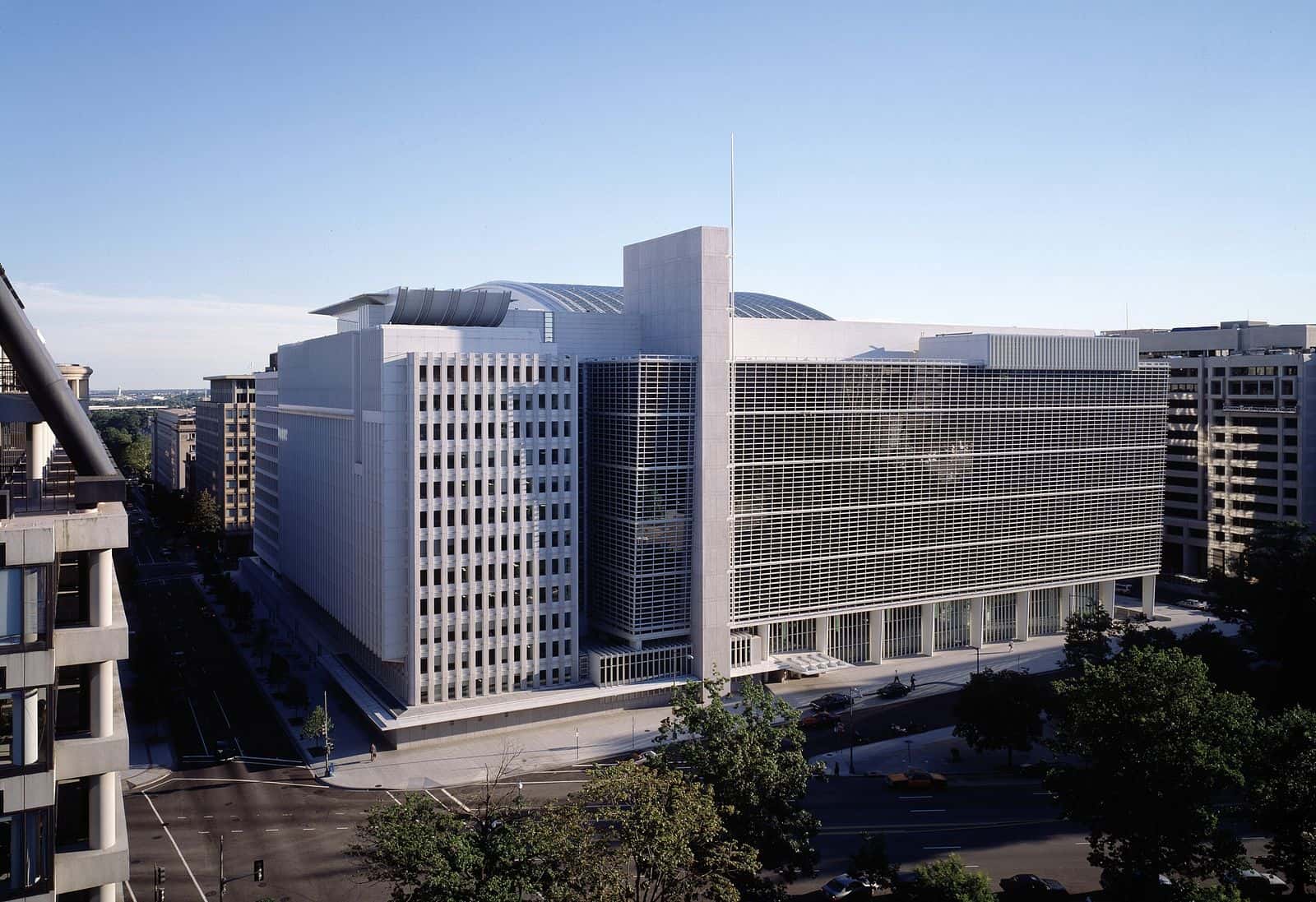Cairo, Egypt–The World Bank has approved a new $7 billion partnership agreement with Egypt for 2023-2027 with a focus on boosting private sector jobs, provision of better health and education services, and adaptation to climate change.
The Country Partnership Agreement (CPF) will entail $1 billion per year from the International Bank for Reconstruction and Development (IBRD) and about $2 billion over five years from the International Finance Corporation (IFC), a statement from the World Bank said.
Among the goals of the programme is to help create a level playing field for the private sector and to encourage investment and improve resilience to shocks through better macroeconomic management, the statement added.
READ: Egypt’s new IMF deal leaves economic rights of millions unprotected
Egypt’s economy has come under severe pressure over the past year, after the fallout from Russia’s invasion of Ukraine exposed underlying problems.
Also read: World Bank predicts decline in Egypt’s economic growth
The government has announced ambitious privatisation plans but sales of state assets have been repeatedly delayed.
Also, on Wednesday, the International Finance Corporation (IFC), part of the World Bank Group, announced that it had partnered with the European Bank for Reconstruction and Development and Egypt’s Sovereign Fund to develop desalination plants in Egypt through a public-private partnership model.
The scheme is part of Egypt’s plan to increase desalinated water supply by 8.8 million cubic metres of water daily by 2050, with the first plants to be located in the north coast region of Marsa Matrouh, the IFC said.
Egypt depends almost entirely on the River Nile for fresh water supplies, and is considered at high risk from the impacts of climate change.








